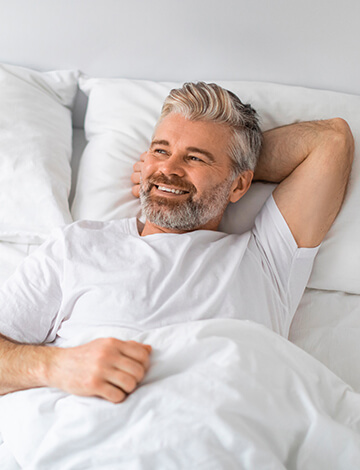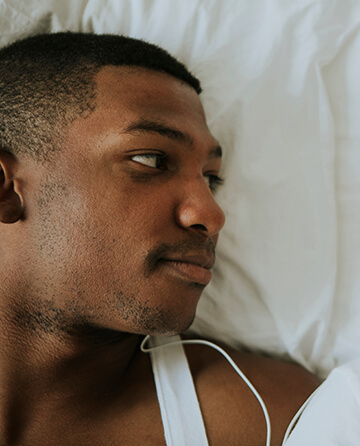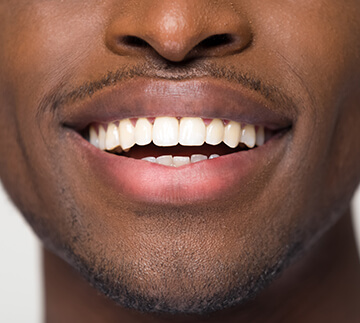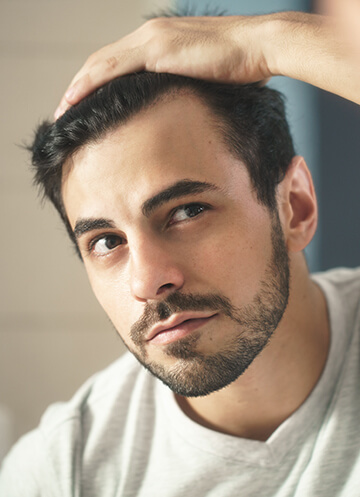Finasteride's solution to thinning hair
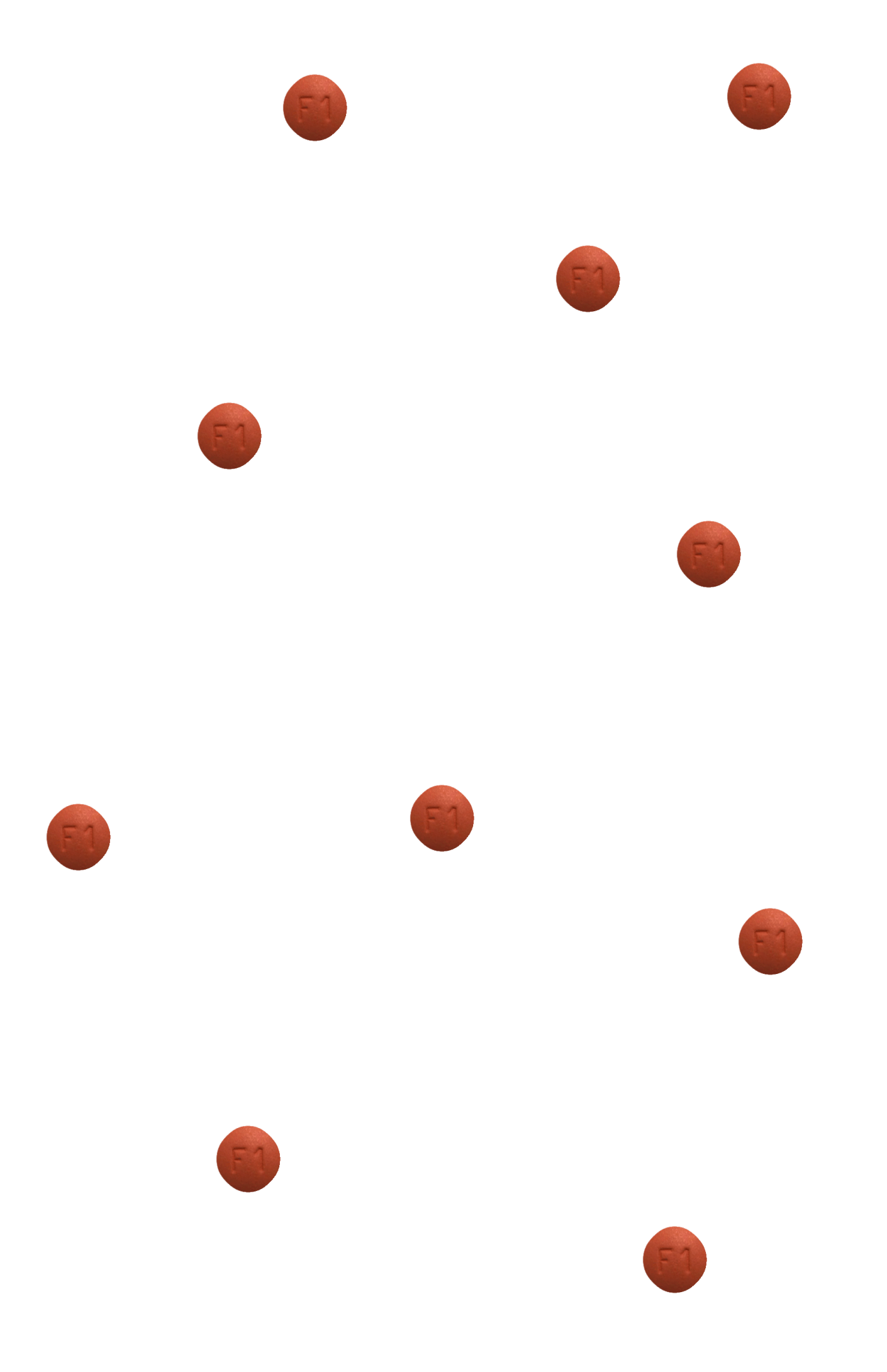
What is Hair Loss?
The primary cause of male-pattern baldness is believed to be genetic and related to hormones, specifically the hormone dihydrotestosterone (DHT).
In individuals with a genetic predisposition to this condition, hair follicles in certain areas of the scalp become sensitive to the effects of DHT. Over time, exposure to DHT causes these follicles to shrink and produce thinner and shorter hair until they eventually stop producing hair altogether.
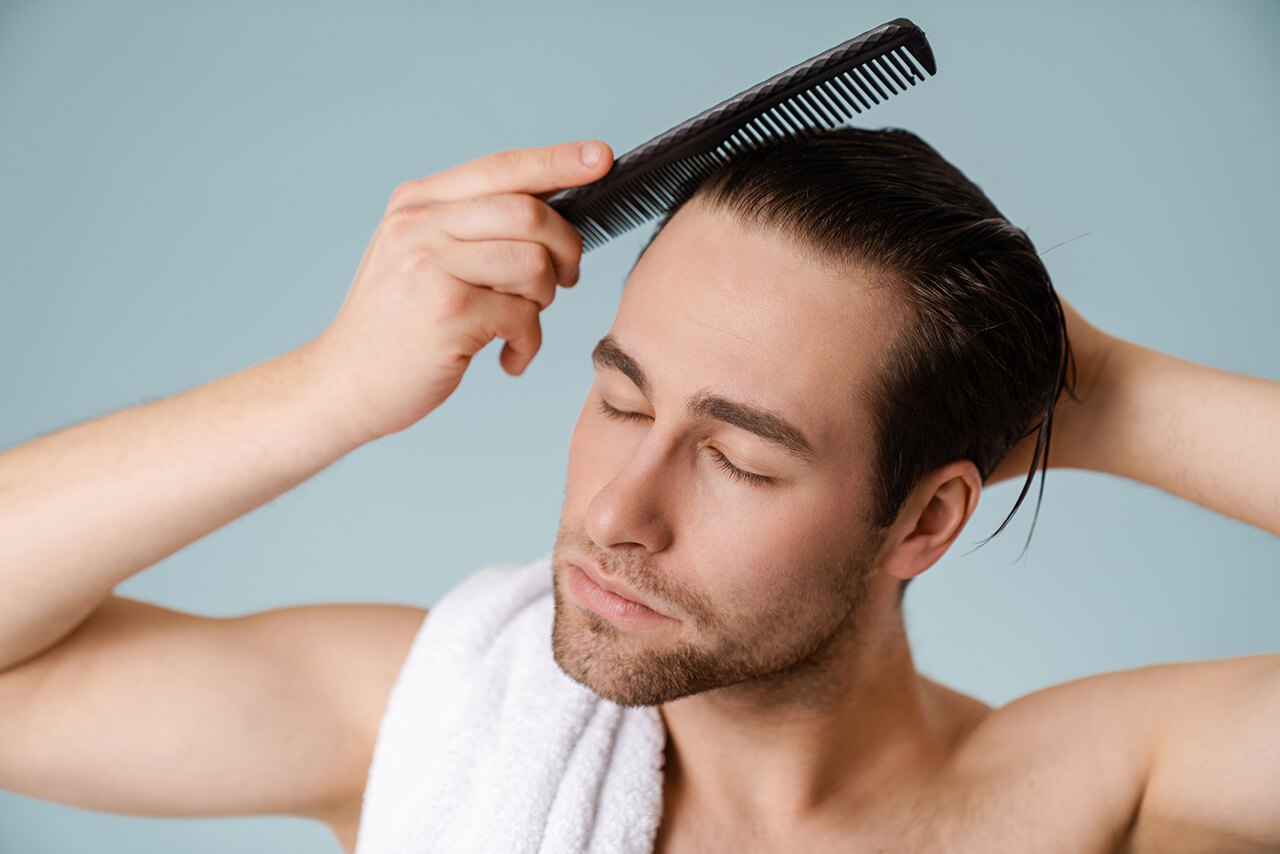
How does it work?


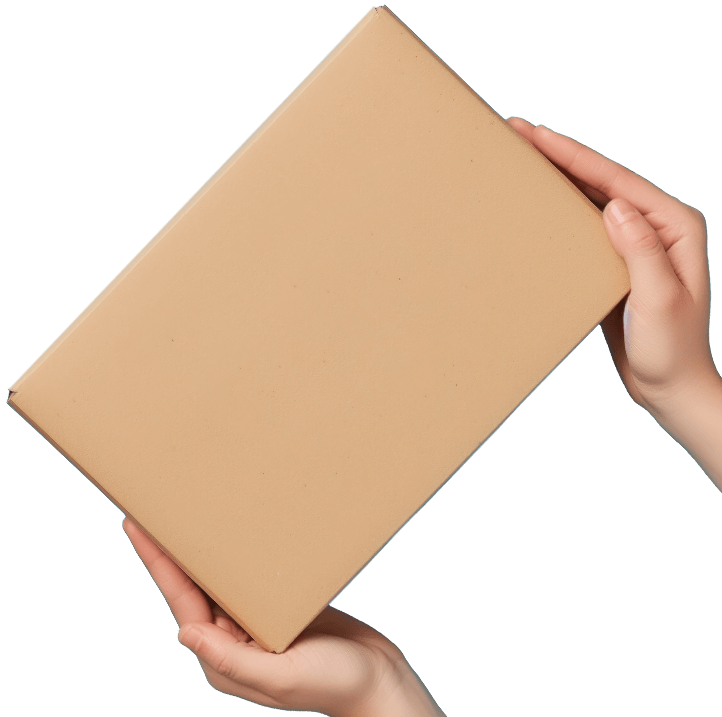

Popular
Have questions?
What is Finasteride?
Finasteride 1mg is an oral tablet, prescription medicine that is FDA approved to treat male pattern baldness. At a higher strength of 5mg, Finasteride is FDA approved to treat BPH (Benign prostatic hyperplasia).
How does Finasteride work?
Finasteride belongs to a group of drugs called 5-alpha reductase inhibitors. It works by blocking the conversion of Testosterone to DHT by up to 70% and therefore lowers DHT levels in the body and at the scalp. Lowering DHT will allow your hair to start the process of growing back.
What can I expect with Finasteride treatment?
Results will begin appearing after 3-4 months but significant results may not be apparent for 6-9 months after starting the medication. Full results are usually seen approximately 1 year after starting treatment with Finasteride and using the medication on a daily basis. Patients who skip treatment days, weeks, or months may find that the medication does not work as effectively and does not produce the results they were expecting.
How to take Finasteride?
Finasteride comes as a tablet to take by mouth. It is usually taken once a day with or without food. Take Finasteride at around the same time every day. Follow the directions on your prescription label carefully. Take Finasteride exactly as directed. Do not take more or less of it or take it more often than prescribed by your doctor.
What are the possible side effects of Finasteride?
Finasteride is a medication primarily used to treat male pattern hair loss (androgenic alopecia) and enlarged prostate (benign prostatic hyperplasia). Like any medication, it can have potential side effects. The most common side effects of Finasteride include:
- Sexual side effects: This is the most well-known side effect of Finasteride. It may include decreased libido (sex drive), erectile dysfunction, and decreased ejaculate volume. In some cases, these side effects may persist even after discontinuing the medication.
- Breast enlargement and tenderness: Some men may experience breast enlargement and tenderness, a condition known as gynecomastia.
- Allergic reactions: Rarely, some individuals may experience allergic reactions to Finasteride, which may manifest as rash, itching, swelling, dizziness, or difficulty breathing.
It’s important to note that not everyone experiences these side effects, and most people tolerate Finasteride well. If you are prescribed Finasteride, your healthcare provider will monitor your progress and discuss any potential side effects with you. If you notice any troubling side effects while taking Finasteride, it is crucial to discuss them with your doctor as soon as possible.
What are the possible side effects of Topical Finasteride?
It is important that women of child-bearing age do not take or handle Finasteride as it may cause birth defects. The most common side effects of Topical Finasteride typically occur on the scalp and may
include:
- Scalp Pruritus
- Burning Sensation
- Irritation
- Contact Dermatitis
- Erythema (redness on the skin)
What should I do if I miss a dose of Finasteride?
If you forget to take your daily dose of Finasteride, skip the missed dose and continue your regular dosing schedule. Do not take a double dose to make up for a missed one.
How should I store Finasteride?
Keep this medication in the original container that you received it in, tightly closed, and out of reach of children. Store it at room temperature and away from excess heat and moisture (not in the bathroom).
What is Minoxidil?
Minoxidil is a prescription medication used to stimulate hair growth. Minoxidil widens blood vessels which leads to increased blood flow to hair follicles. This improved blood flow, in turn, enhances the follicles’ function and stimulates hair growth in individuals experiencing hair loss.
What are the possible side effects of Oral Minoxidil?
Side effects are uncommon at the low doses used to treat hair loss. However, as with all prescription medications, side effects can occur:
- Fluid Retention: Oral minoxidil can lead to fluid retention, causing swelling in the ankles and other parts of the body.
- Increased Heart Rate: It may cause an increase in heart rate, which can be problematic for individuals with certain cardiovascular conditions.
- Hypertrichosis (Excessive Hair Growth): One interesting side effect is increased hair growth. While this is a desired effect when using Minoxidil for hair loss, this hair growth can appear on other parts of the body.
- Pericardial Effusion: There have been reports of oral minoxidil causing fluid accumulation around the heart (pericardial effusion).
- Electrolyte Imbalance: It can lead to electrolyte imbalances in the body.
- Chest Pain: Some individuals may experience chest pain or discomfort.
What are the possible side effects of Topical Minoxidil?
Side effects of topical Minoxidil typically occur on the scalp and may include:
- Irritation
- Eczema
- Erythema
- Burning
- Dermatitis



